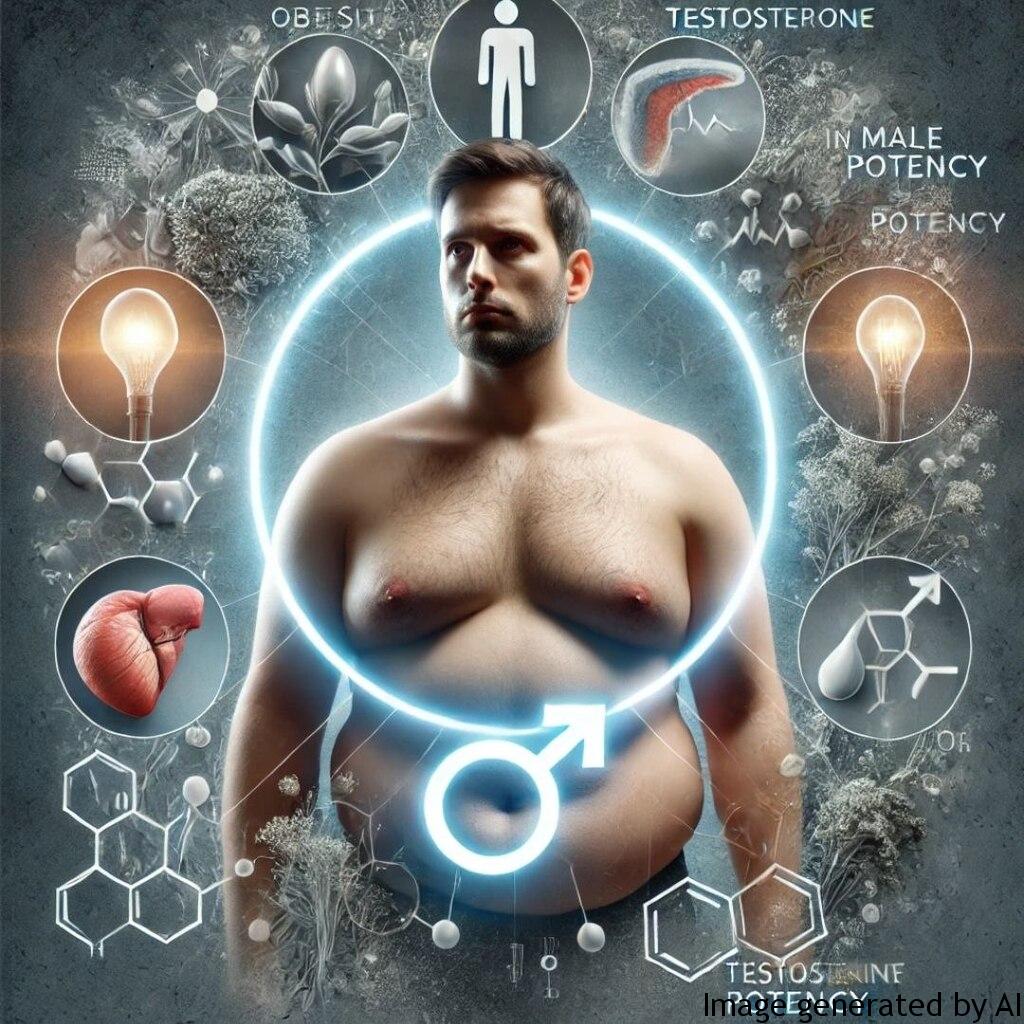Introduction
Obesity is a growing global health issue, causing numerous physical and psychological conditions. Among the many health-related implications, the relationship between obesity and male potency attracts increased attention. It is important to understand how obesity affects men’s health, particularly their potency, through the lens of gender expectations and mental health. This article will explore this intricate relationship.
Gender Expectations and Their Influence on Men’s Mental Health
Social Expectations
In most societies, men have been traditionally expected to play certain roles, such as being strong, resilient, and sexually potent. These characteristics and roles are often tied directly to perceptions of masculinity, making them exert significant pressure on men.
The Psychological Impact
These societal expectations can contribute to psychological stress and lead to various mental health issues. For instance, the stress brought by the social pressure to maintain the ideal masculine body image can induce depression, anxiety, and even suicidal tendencies. This can be particularly relevant for obese men, as obesity often leads to deteriorated body image and self-esteem.
Examples of How Gender Roles can Affect Men’s Lives
The traditional notions of masculinity can pressure men to deny or ignore the signs of health issues. In the context of obesity and male potency, societal stigma might discourage obese men from seeking help or openly discussing their concerns about sexual health. This can lead to worsened health conditions and increased psychological stress, as they may feel compelled to hide or minimize their health problems, impacting both their mental and physical health.
Moreover, the relationship between obesity and potency itself could exert additional psychological pressure once the men start experiencing potency-related issues. The fear of losing their sexual virility can lead to heightened anxiety and stress, further exacerbating their existing health conditions and mental health issues.
Advice for Improving Mental Health Considering Gender Roles
Firstly, it’s crucial to challenge the societal norms that project unrealistic images of masculinity. Encouraging body positivity and promoting a more comprehensive understanding of health that includes psychological aspects can help diminish the impact of these norms.
Secondly, providing accessible and non-judgmental platforms for men to discuss their health concerns relating to obesity and male potency is vital. This can help men seek proper medical help and counselling, introducing them to healthier lifestyle habits and coping mechanisms.
Finally, imparting appropriate sexual health and education can alleviate the stigma associated with topics like male potency, enabling men to better understand, manage, and discuss their conditions.
Conclusion
The relationship between obesity and male potency is complex, significantly influenced by sociocultural gender expectations and their impact on men’s mental health. By acknowledging these influences, we can address the stigma and effectively support men affected by these concerns. This will pave the way for healthier societal attitudes, better health care provision and, importantly, healthier men.

